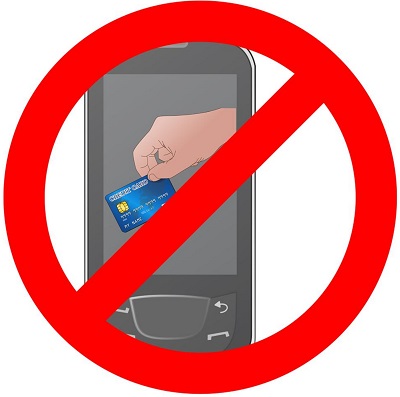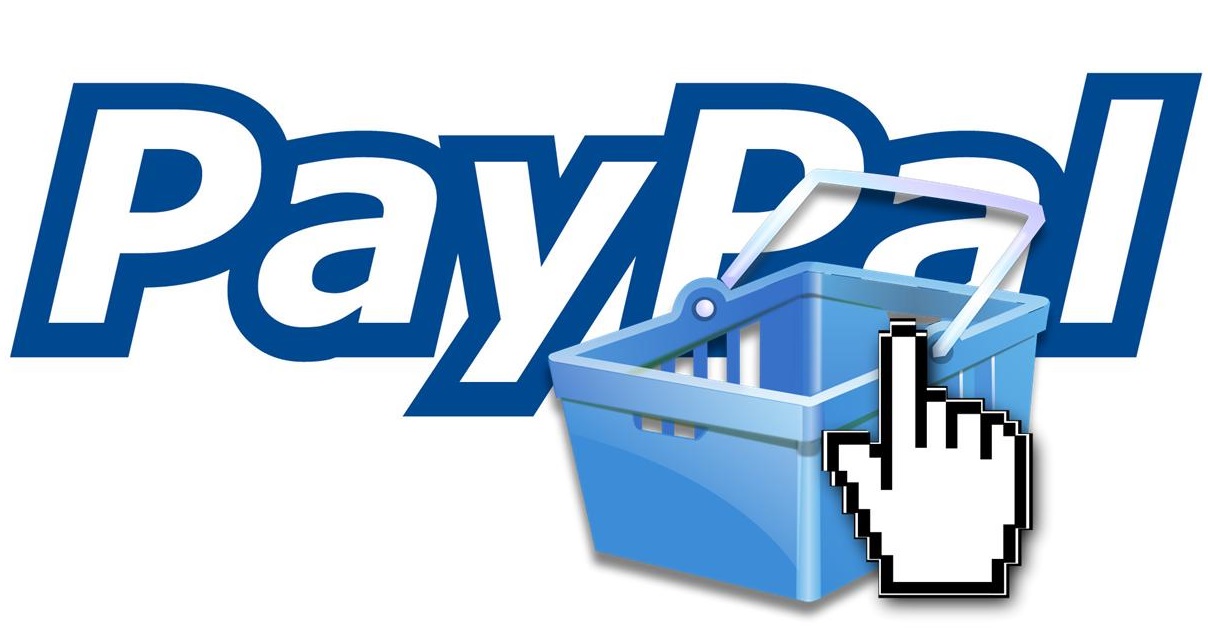O2 Wallet is shutting down in March
O2, a prominent communications company in Europe, has announced that its mobile wallet service will be shut down at the end of March this year. Mobile wallets have been growing in popularity, but the market is currently saturated with a wide variety of these mobile applications, making it difficult for any one service to stand out. Continued focus on a mobile wallet platform that is, essentially, identical to others is becoming an increasing dangerous trap for companies are heavily investing themselves int he world of mobile commerce.
Wallet applications are becoming more plentiful
While O2 is shutting down its mobile wallet service, the company is not expected to pull out of mobile commerce entirely. The O2 Wallet was launched approximately 18 months ago and was considered one of the first wallet applications from a large company. The app was meant to provide consumers with a way to manage their money and other financial information and received a strong following. Over the past year, however, much about the mobile commerce market has changed, leading O2 to believe that its wallet is no longer viable for consumers.
O2 begins focusing more heavily on Weve platform
 O2 is now looking for ways to help people manage their money more effectively. Currently, O2 is involved in a joint venture with mobile network operators EE and Vodafone. Through this venture, the companies are working to develop a new mobile commerce platform called Weve. The platform is set to launch in spring of this year and promises to provide consumers with a variety of features that makes managing their financial information and shopping online with a mobile device easier.
O2 is now looking for ways to help people manage their money more effectively. Currently, O2 is involved in a joint venture with mobile network operators EE and Vodafone. Through this venture, the companies are working to develop a new mobile commerce platform called Weve. The platform is set to launch in spring of this year and promises to provide consumers with a variety of features that makes managing their financial information and shopping online with a mobile device easier.
Weve attracts strong support
Weve has already won the support of several major banks in the United Kingdom, including Barclays, HSBC, and Lloyds. The mobile commerce platform has also managed to overcome some legal issues concerning Europe’s competition laws. Whether or not O2 will devote the majority of its focus to the mobile commerce platform or decide to develop a new mobile wallet has yet to be seen.
PayPal continues to establish lead in mobile field
PayPal has been making waves in the mobile commerce field and has established itself as a leading service provider for mobile consumers. In September 2013, PayPal was able to solidify its place in the mobile world with the launch of Beacon, a promising mobile commerce platform designed to streamline payments being made from a mobile device. The company has announced that it will begin showing more attention to the e-commerce world this year and has plans to further expand the availability of Beacon.
Checkout platform aims to streamline e-commerce
PayPal has introduced a new checkout platform that is designed specifically for e-commerce merchants. This platform is meant to streamline the checkout process for online customers, making it easier and faster for people to purchase products through online retailers. The new platform allows consumers to remain on a retailer’s website in order to complete a transaction using PayPal instead of first having to be redirected to PayPal’s site. The company suggests that this process will be easier for consumers and more beneficial for retailers in the long term.
Payment Code to see expansion
 PayPal is also working to expand the use of its Payment Code, which allows consumers to scan a QR code or use a four-digit code to pay for products in physical stores. The Payment Code is meant to make physical retail stores more accommodating of mobile commerce, allowing retailers to form a more cohesive connection with mobile consumers. Currently, Payment Codes are available in 1,500 stores in the United Kingdom and PayPal plans to expand the availability of this platform over the coming months.
PayPal is also working to expand the use of its Payment Code, which allows consumers to scan a QR code or use a four-digit code to pay for products in physical stores. The Payment Code is meant to make physical retail stores more accommodating of mobile commerce, allowing retailers to form a more cohesive connection with mobile consumers. Currently, Payment Codes are available in 1,500 stores in the United Kingdom and PayPal plans to expand the availability of this platform over the coming months.
Beacon integration with PayPal app continues
Furthermore, PayPal is working to integrate its Beacon mobile commerce platform into the PayPal application. This is expected to be completed within the coming months and will allow app users to take advantage of Beacon more easily. The company’s current projects are still in a small-scale testing phase, but PayPal expects to expand these projects quickly as they become more developed and their potential problems are mitigated.
 O2 is now looking for ways to help people manage their money more effectively. Currently, O2 is involved in a joint venture with mobile network operators EE and Vodafone. Through this venture, the companies are working to develop a new mobile commerce platform called Weve. The platform is set to launch in spring of this year and promises to provide consumers with a variety of features that makes managing their financial information and shopping online with a mobile device easier.
O2 is now looking for ways to help people manage their money more effectively. Currently, O2 is involved in a joint venture with mobile network operators EE and Vodafone. Through this venture, the companies are working to develop a new mobile commerce platform called Weve. The platform is set to launch in spring of this year and promises to provide consumers with a variety of features that makes managing their financial information and shopping online with a mobile device easier.
 PayPal is also working to expand the use of its Payment Code, which allows consumers to scan a
PayPal is also working to expand the use of its Payment Code, which allows consumers to scan a 